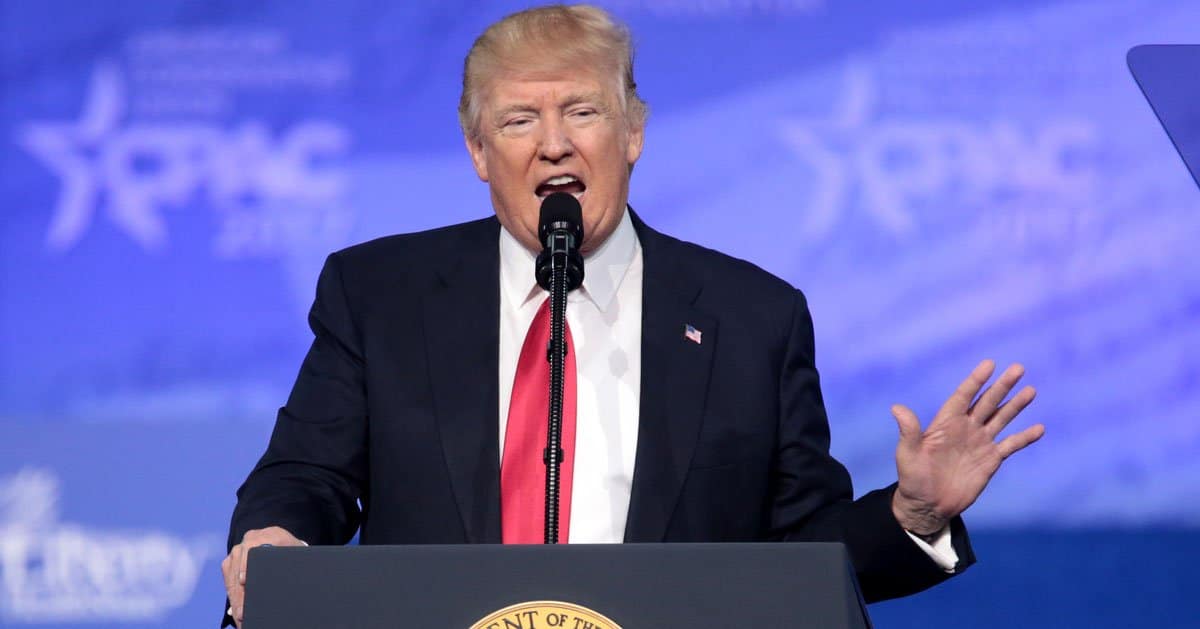








The Biden administration has lifted the $10 million bounty on Ahmed al-Sharaa, the leader of Hayat Tahrir al-Sham (HTS), signaling a shift in U.S. policy towards the Islamist faction in Syria.
Fox News reported that Al-Sharaa, who led the recent overthrow of Bashar al-Assad in Syria, agreed to a U.S. demand that his group prevent terrorism from threatening the U.S. or its neighbors, following a meeting with U.S. envoy Barbara Leaf.
The decision to remove the bounty follows a critical diplomatic meeting on Friday between al-Sharaa and Barbara Leaf, the U.S. top envoy to the Middle East.
The discussions focused on regional stability and the future role of HTS, which has grown in power during Syria’s ongoing civil war. While HTS emerged from al-Qaeda’s affiliate, the Nusrah Front, it has distanced itself from the terror group in recent years.
In early December 2024, HTS achieved a major victory by ousting Bashar al-Assad from Damascus, further solidifying its position as a dominant force in Syria. While the U.S. had placed HTS on its terrorism watchlist in 2018, the removal of the bounty reflects a shift in Washington’s stance as the U.S. engages in dialogue with the group.
Barbara Leaf explained that lifting the bounty was a strategic policy move aimed at fostering dialogue with HTS. "It was a policy decision… aligned with the fact that we are beginning a discussion with HTS," Leaf stated. She described her talks with al-Sharaa as productive, adding that the U.S. would judge HTS by its actions rather than just its words.
Despite HTS’s controversial past, al-Sharaa sought to present a more moderate vision for the future of Syria. He asserted that HTS does not target civilians, positioning itself as a victim of Assad’s violent regime.
“HTS is not a terrorist group because it does not target civilians or civilian areas,” al-Sharaa remarked, “We consider ourselves to be the victims of the crime of Assad’s regime.”
Al-Sharaa also sought to differentiate his group from traditional jihadist organizations by emphasizing its support for women's education. He pointed to universities in Idlib, Syria, where more than 60% of the students are women. "We’ve had universities in Idlib for more than eight years," he noted, highlighting HTS’s commitment to educational progress amid the conflict.
This attempt at presenting HTS as a more pragmatic actor comes as the U.S. explores new approaches to stabilizing Syria and preventing the spread of extremist groups like ISIS. While al-Sharaa's leadership has been linked to violence, his willingness to engage diplomatically has led to more cautious optimism from U.S. officials.
While the U.S. military has been deeply involved in counterterrorism operations against ISIS in Syria, it has struggled with the instability brought on by HTS and other factions.
The Pentagon remains particularly concerned about the potential for ISIS to reassert itself after the release of over 8,000 prisoners from Syrian jails. The U.S. has also increased its military presence, doubling forces from 900 to about 2,000 troops in the region.
The U.S. has been balancing its military strategy with diplomatic outreach to Syria. In addition to fighting ISIS, American officials have visited Syria to push for a more pragmatic government and to collect information on the whereabouts of detained U.S. journalist Austin Tice. These efforts aim to stabilize the region while addressing humanitarian concerns and securing U.S. interests.
The U.S. and HTS have had a complicated history, with HTS’s roots in al-Qaeda raising red flags for Washington. However, the U.S. is now considering engaging with the group to help bring about a more stable Syria, particularly given the ongoing threat posed by ISIS and other extremist factions.
Al-Sharaa’s more moderate rhetoric may provide an opportunity for a recalibrated U.S. policy, though U.S. officials have stressed that HTS’s actions will ultimately determine the direction of future engagement.
Leaf emphasized that while HTS’s leader came across as pragmatic, the U.S. would not take any statements at face value. "It was a good first meeting. We will judge by deeds, not just by words," Leaf said, making it clear that future decisions will be based on HTS’s actions rather than promises.
This shift in U.S. policy may have broader implications for U.S. involvement in the Middle East.
As HTS gains control over more territory in Syria, the group's future relationship with the West will hinge on its ability to prevent the rise of new extremist groups like ISIS and maintain stability in the region.
The Biden administration’s decision to lift the bounty on al-Sharaa signals a willingness to explore new diplomatic avenues with groups that have previously been seen as hostile, in hopes of mitigating future threats to U.S. interests.



